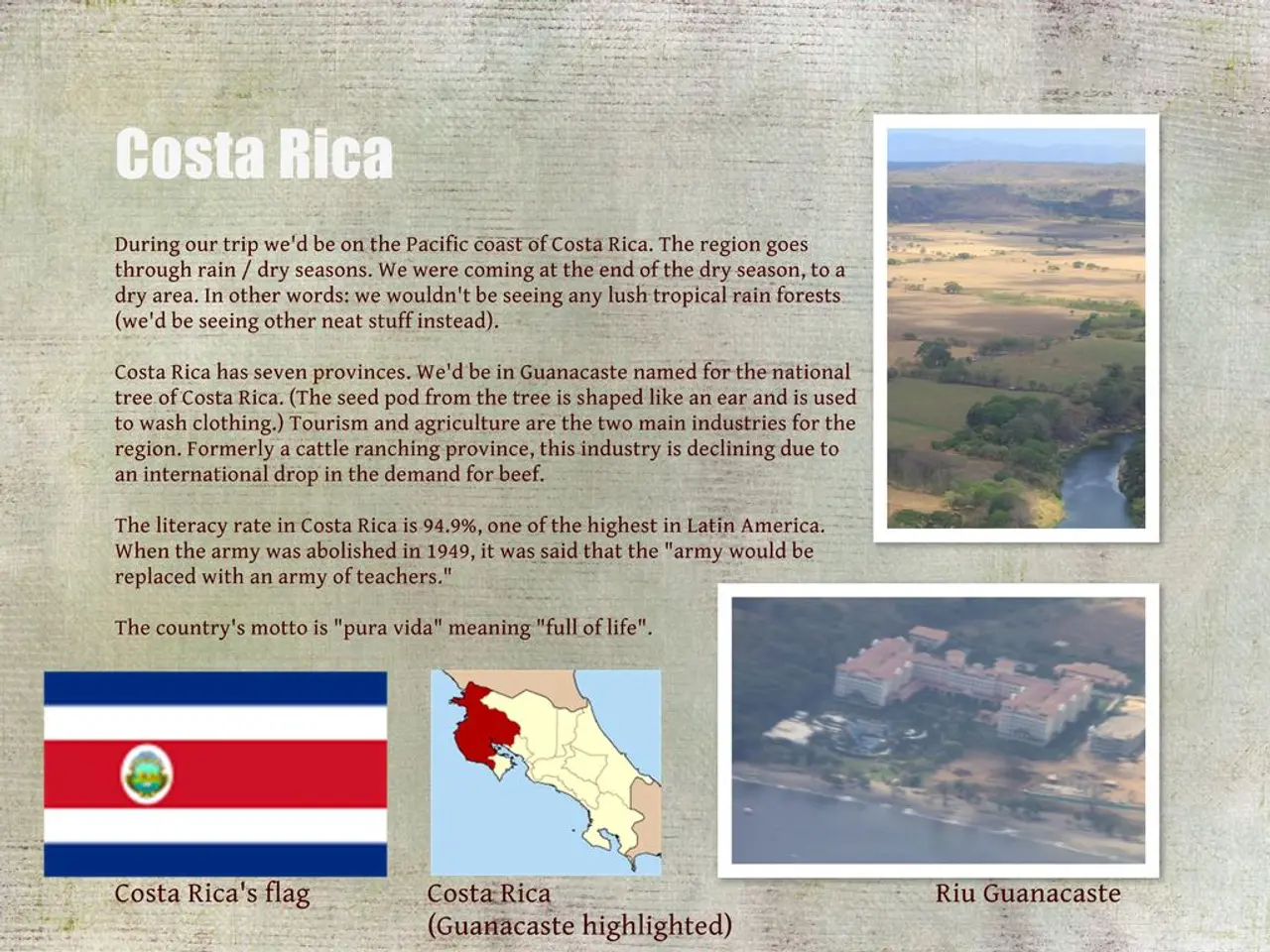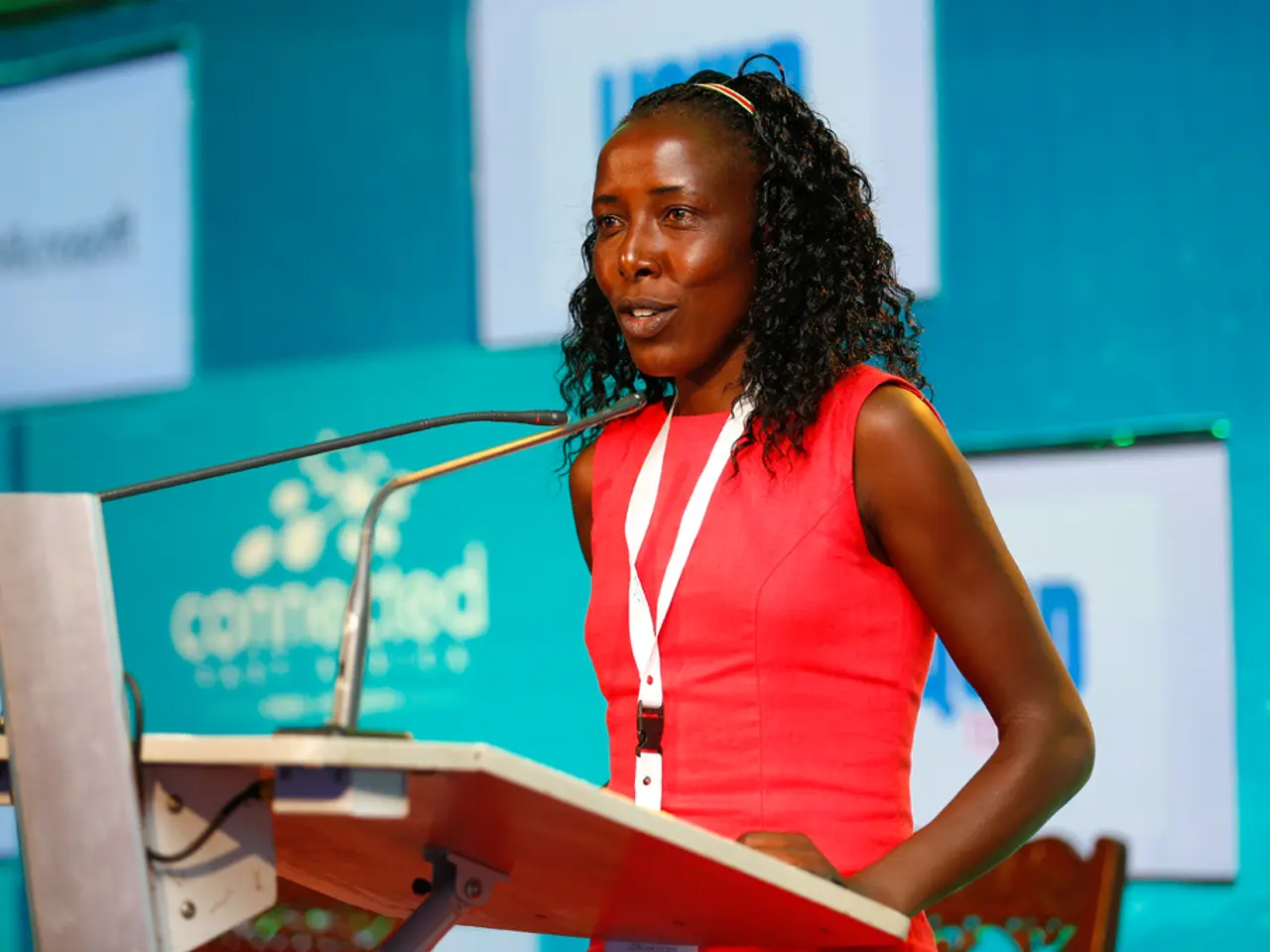Americans with naturalized citizenship issued a warning: Assurance of continuing U.S. citizenship is no longer certain
In a shift that is causing alarm among immigrant rights groups and legal experts, the United States government is expanding its focus on denaturalization, the revocation of citizenship from naturalized citizens. This aggressive expansion, initiated by the U.S. Department of Justice (DOJ) in a memo issued on June 11, 2025, broadens the criteria for targeting naturalized citizens, potentially impacting many people beyond extreme cases like war criminals or serious fraud.
Under the new policy, naturalized citizens considered potential threats to national security, linked to criminal enterprises, involved in serious crimes such as human trafficking or financial fraud, or even those with pending charges rather than convictions, are being targeted. This represents a significant departure from traditional limits on when citizenship can be revoked.
The potential for past errors or missteps to lead to the loss of citizenship is causing anxiety in immigrant communities. For instance, a woman in Houston, who became a U.S. citizen after a long process, is currently facing the potential loss of her citizenship due to underreporting income on her tax return. Despite having served a year in prison for her crime, federal prosecutors are still attempting to strip her of her citizenship.
The DOJ’s new approach risks increasing issues by lowering thresholds for action, including pursuing cases with mere pending criminal charges. This could disproportionately affect immigrant communities by creating fear and instability, undermining trust in the legal system, and threatening the civil rights of naturalized citizens.
The national citizenship database, recently built by the Department of Homeland Security, could potentially be used to target naturalized Americans with specific political views or ideologies. This raises concerns that the government might expand its power to strip citizenship in unconventional ways, a move that Trump has expressed interest in, particularly towards high-profile individuals like Elon Musk and NYC mayoral candidate Zohran Mamdani.
The recent changes in denaturalization laws are grounded primarily in 8 U.S.C. § 1451 and 18 U.S.C. § 1425. These laws allow denaturalization when citizenship was illegally procured or obtained through willful misrepresentation or criminal fraud. The process typically requires a judicial order through civil or criminal proceedings.
However, the 2025 DOJ memo substantially broadens and intensifies enforcement, raising concerns about due process and the potential weaponization of citizenship status for political purposes. Historically, denaturalization was reserved for extreme cases such as war criminals or terrorists, with only about 11 cases per year on average from 1990 to 2017. Under previous administrations, denaturalization cases increased, and the 2025 memo signals even further expansion, potentially impacting many more individuals.
In summary, the current legal framework for denaturalization involves revocation based on fraud or illegality during naturalization, but the 2025 DOJ memo substantially broadens and intensifies enforcement. This shift risks impacting immigrant communities through increased legal scrutiny, potential wrongful revocations, and heightened civil rights concerns.
- The shift in policy-and-legislation initiated by the DOJ in the June 11, 2025 memo on denaturalization could have far-reaching consequences in general-news, as it broadens the criteria for targeting naturalized citizens, potentially impacting many people who are not extreme cases like war criminals or serious fraudsters.
- In the realm of politics and crime-and-justice, the DOJ's new approach to denaturalization raises significant concerns about civil rights and due process, particularly with the potential use of the national citizenship database to target naturalized Americans with specific political views or ideologies, a move that could create fear and instability in immigrant communities.








